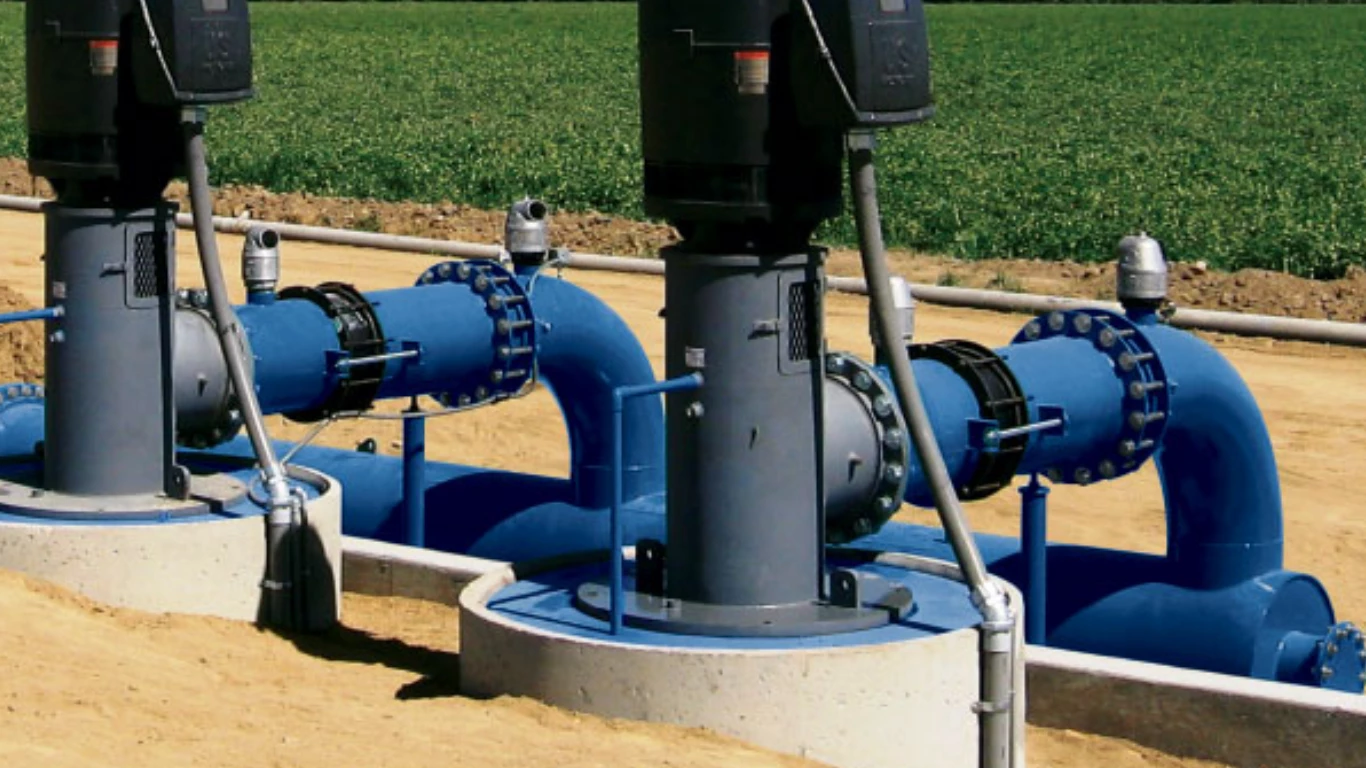Your well is a vital resource, providing clean water for your daily needs, but its lifespan and maintenance aren’t just about regular use. Unexpected factors, like changes in the water table, environmental shifts, or even the quality of materials used during installation, can significantly impact how long your well lasts and how often it needs repairs.
External influences like weather conditions, nearby construction, and soil composition also play a surprising role in its overall performance. Being aware of these factors helps you prepare for potential issues and make informed decisions about maintenance and repairs.
What factors can unexpectedly reduce a well’s lifespan?
Several unexpected factors can reduce a well’s lifespan, leading to premature wear and costly repairs. Here are key factors to be aware of:
- Water Table Fluctuations: Sudden changes in the water table, whether from droughts or excessive rainfall, can cause the well pump to work harder. This added strain can lead to earlier pump failure or the need for frequent repairs.
- Contamination: Pollutants from nearby industrial areas, agricultural runoff, or improperly discarded waste can seep into the well, compromising water quality and damaging the system. Contaminants can clog the pump and filter system, leading to expensive cleanup.
- Sediment Buildup: Over time, natural sediment can accumulate in the well, restricting water flow and making the pump work harder. If left unchecked, this can shorten the life of the well components.
- Corrosion: Metal components, including the well casing and pump, are susceptible to corrosion over time, especially if exposed to certain minerals or chemicals in the water. Corrosion can weaken the well structure and lead to leaks or system failure.
- Lack of Maintenance: Failure to follow routine maintenance, such as inspecting the well cover, cleaning the pump, or testing the water quality, can lead to undetected issues that cause long-term damage.
- Improper Installation: Poor installation practices, such as using subpar materials or improper casing, can cause the well to deteriorate faster and increase the need for repairs.
Regular maintenance and monitoring can help prevent these issues, prolonging the life of your well.
How does soil composition impact well repair needs?
Soil composition plays a significant role in determining a well’s longevity and repair needs. Different soil types and characteristics can influence water flow, well construction, and the overall efficiency of the well system. Here’s how soil composition impacts well repair needs:
- Clay Soil: Clay-rich soils retain water, leading to excess moisture around the well casing. This can cause rust or corrosion of metal parts, weakening the well structure and leading to leaks or pump failure.
- Sandy Soil: Sandy soils allow for faster water flow, which can sometimes cause wells to become overly sedimented. The accumulation of sand and silt in the well can clog the pump and filter, reducing water flow and requiring frequent cleaning or pump replacements.
- Rocky Soil: Due to the difficulty of drilling, wells drilled in rocky or hard soil may damage the well casing or pump. Fractures in the rock can also cause water contamination, requiring repairs to ensure water purity.
- Loamy Soil: Loamy soil, which is a mixture of sand, silt, and clay, provides good filtration and can maintain stable water levels. However, it is still prone to occasional settling, which may cause slight shifts in the well structure and require minor repairs.
- Soil Erosion: In areas with high soil erosion, sediment may accumulate around the well, impacting the water quality and causing sediment buildup in the system. This could lead to pump malfunctions and necessitate more frequent maintenance.
The soil composition around a well directly impacts the maintenance schedule and repair frequency, making it crucial to understand and monitor the soil type when managing well systems.
Are environmental changes affecting longevity?
Yes, environmental changes can significantly affect the longevity of a well. Shifts in weather patterns, local ecosystems, and human activity can strain a good system, requiring more frequent repairs or earlier replacement. Here’s how environmental changes impact well longevity:
- Climate Change: Increased frequency of extreme weather events, such as heavy rainfall, droughts, or temperature fluctuations, can cause the water table to rise or fall unexpectedly. These changes can stress the well pump more, causing it to wear out faster.
- Drought Conditions: Prolonged dry spells can lower the water table, forcing the well pump to work harder to extract water. This can cause the pump to overheat or break down prematurely, reducing the well’s overall lifespan.
- Flooding and Erosion: Heavy rains and flooding can cause soil erosion, which may shift or damage the well casing. The influx of surface water can introduce contaminants, leading to water quality issues and increasing the need for maintenance or repairs.
- Increased Pollution: With growing urbanization and agricultural activities, there’s a higher risk of contamination from chemicals, pesticides, and other pollutants entering the groundwater. This can cause sediment buildup, clog the well, and require more frequent cleaning and repairs.
- Urban Development: Construction and land development can alter groundwater flow, potentially leading to contamination or well collapse if the structure is not built to withstand these changes.
Environmental changes are increasingly influencing well systems, making it crucial for homeowners to stay proactive with maintenance and monitoring to extend the lifespan of their wells.
Can nearby construction influence a well’s performance over time?
Yes, nearby construction can significantly influence a well’s performance over time, often leading to issues requiring repairs or adjustments. Here’s how construction activities can affect well function:
- Alteration of Groundwater Flow: Construction, such as digging or excavating, can disrupt the natural flow of groundwater. This can lower the water table or cause the well to run dry, requiring a deeper well or pump adjustments to maintain water supply.
- Contamination from Construction Materials: Dust, debris, and chemicals used in construction can infiltrate the well water supply. If not properly sealed, the well can become contaminated with pollutants such as oil, solvents, or construction runoff, impacting water quality and safety.
- Vibration from Heavy Equipment: Vibrations from construction equipment like bulldozers, excavators, or pile drivers can damage the well casing or pump, leading to structural issues. These vibrations may cause fractures in the well casing, allowing contaminants to enter or causing sediment buildup.
- Increased Runoff and Erosion: Construction sites often change the landscape, increasing water runoff and erosion. This can carry debris and pollutants into the well, requiring frequent cleaning or repairs to restore water quality.
- Shifting Soil and Ground Settling: Excavation and heavy machinery can cause shifts in the soil around the well, potentially leading to well casing misalignment or collapse. This can disrupt the well’s ability to function properly.
Nearby construction can significantly impact well performance, so homeowners should consider regular inspections and proactive maintenance when construction is happening near their well.
Protect Your Well and Ensure Its Longevity With Well Doctor LLC!
Several factors, such as soil composition, environmental changes, and nearby construction, can impact your well’s performance and lifespan. Our expert team can help you identify and address these unexpected factors, providing tailored solutions to prevent costly repairs and extend your well’s life. From regular inspections to proactive maintenance, we ensure your water supply remains clean and reliable. Don’t wait for issues to arise—contact Well Doctor LLC today and let us help safeguard your well for years to come!

